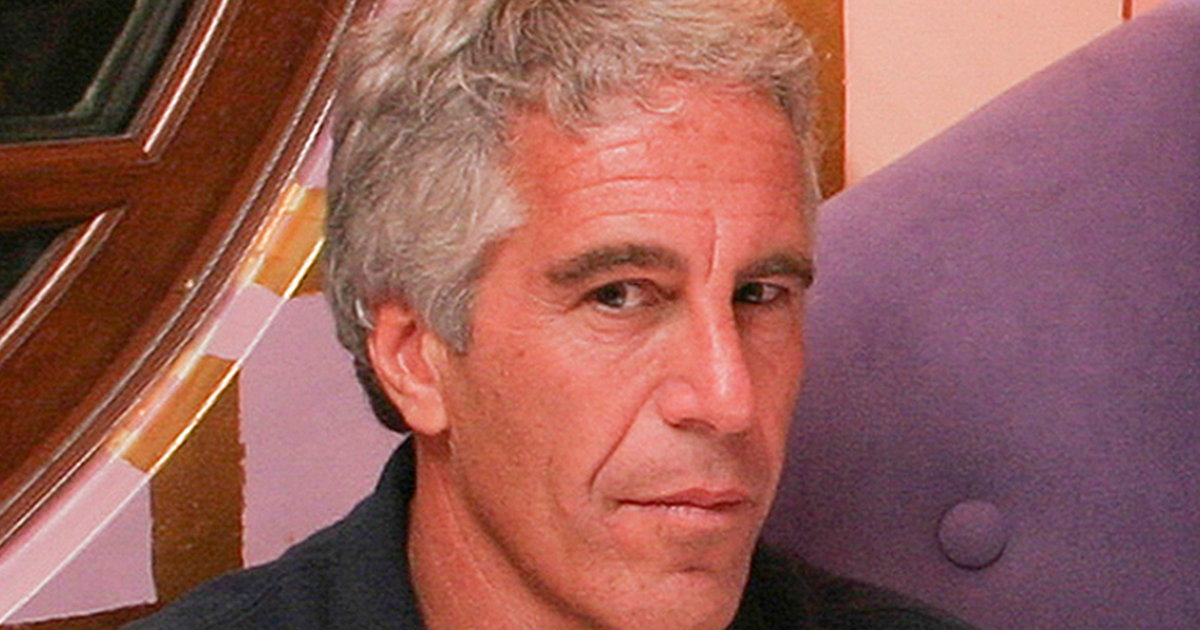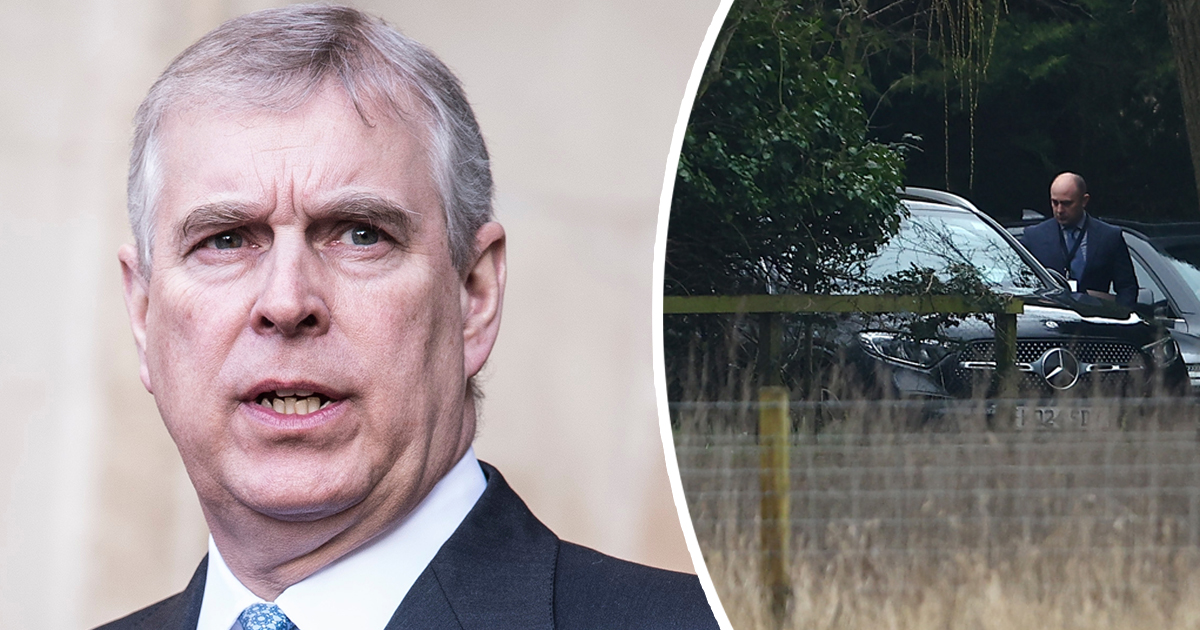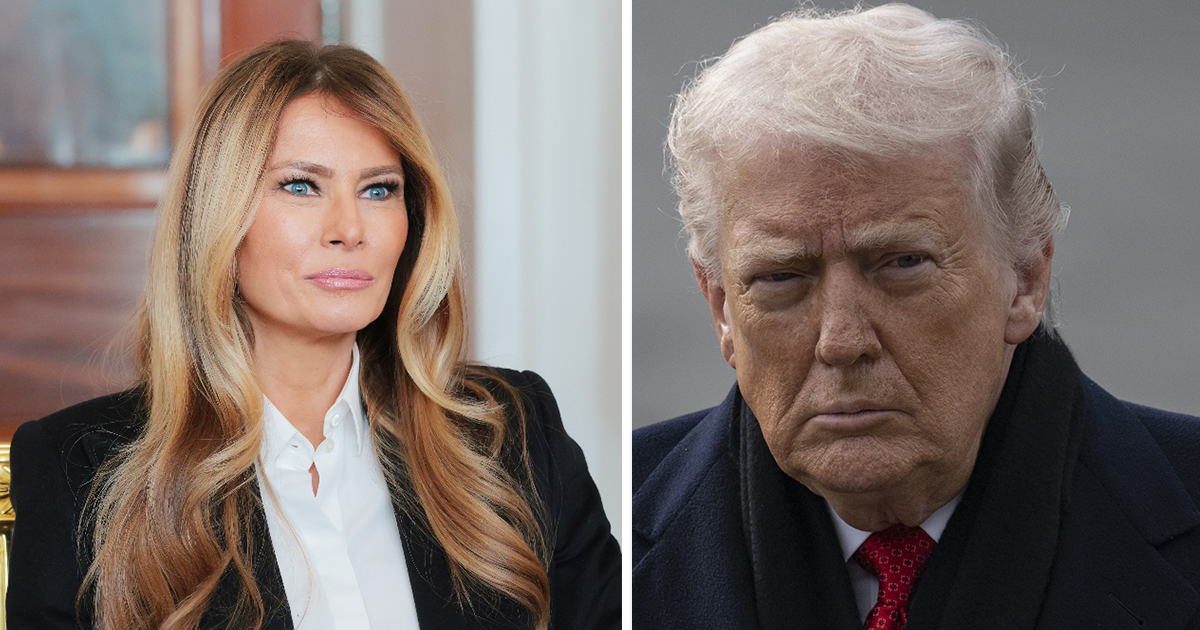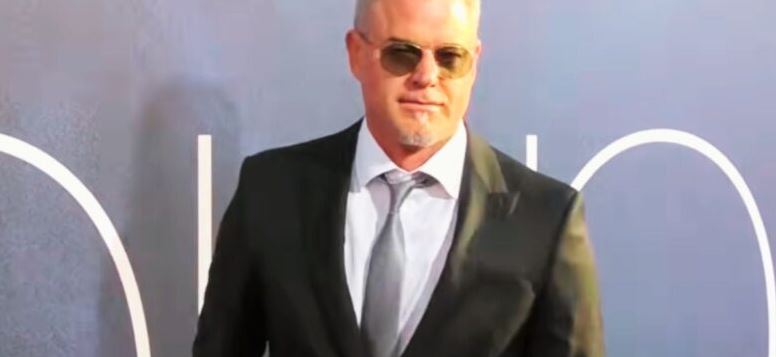In the high-stakes world of politics, where the airwaves are continuously saturated with campaign speeches and rally soundtracks, one legendary voice has emerged to challenge the current quo.
Celine Dion, the iconic singer-songwriter famed for her strong songs and commanding stage presence, has drawn a line in the sand, refusing to allow former President Donald Trump to use her music without her permission.
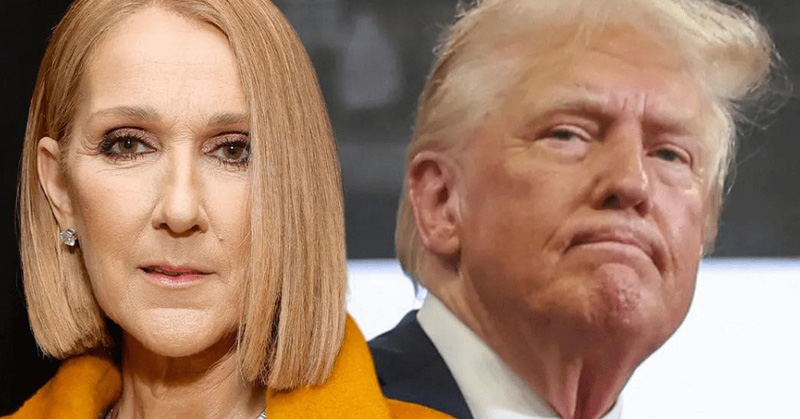
In the following piece, we’ll go over the specifics of this epic clash, including the ramifications of Celine Dion’s courageous decision as well as the broader implications for the junction of politics and pop culture. Strap in, because this is one story you won’t want to miss.
It all started at a rally in Montana, where Donald Trump and his running mate, J.D. Vance, chose to include an unexpected element in their pre-speech playlist: a video of Celine Dion performing the legendary theme song from the blockbuster film “Titanic,” “My Heart Will Go On.”
To the casual spectator, this choice may have appeared to be a reference to the singer’s ongoing appeal and the emotional intensity of her music. However, Celine Dion and her management team saw it as a blatant disdain for her artistic integrity and a clear breach of her intellectual property rights.

In a statement issued shortly after the gathering, Dion’s team made it crystal apparent that the former president did not have authorization to utilize her music in his political campaign. The statement also asked a pointed question, questioning why Trump chose to incorporate this specific song in the first place.
Celine Dion’s response to the unlawful usage of her song was quick and unapologetic. Rather than remaining mute or letting the incident slip into the background, the singer-songwriter took a hard stance, emphasizing that she would not tolerate the use of her work for political purposes.
In her statement, Dion stated that the usage of “My Heart Will Go On” will be discontinued, giving a clear message to Trump and his crew that they had overstepped their bounds. This brave step not only displayed Dion’s steadfast dedication to protecting her artistic legacy, but it also highlighted the larger issue of politicians utilizing copyrighted material without the creator’s permission.
Celine Dion’s protest against Trump’s unlawful use of her music is part of a bigger movement in politics, in which celebrities and public figures are defending their rights and refusing to be exploited as political puppets.
In recent years, an increasing number of artists, musicians, and Hollywood stars have spoken out against political politicians and campaigns using their work.
From the Rolling Stones demanding that Trump cease using their songs to Rihanna calling out the former president for playing her music at a rally, the message is clear: celebrities will not sit idly by while their work is exploited for political gain.
This trend reflects a larger shift in the cultural environment, in which the distinctions between entertainment, fame, and politics have become increasingly blurred. As the audience becomes more discriminating and aware of the power dynamics at work, the demand for authenticity and artistic integrity gets stronger.

As Celine Dion’s dispute with Donald Trump demonstrated, negotiating the junction of politics and pop culture can be a delicate and frequently controversial affair. Political candidates must strike a balance between respecting artists’ intellectual property rights and engaging with the larger cultural zeitgeist in order to connect with their constituents.
The difficulty for Dion and other high-profile artists is to express their creative individuality and safeguard their work from unlawful exploitation while maintaining a healthy engagement with the political sphere. This delicate balancing effort necessitates a thorough understanding of the legal framework governing copyright and intellectual property, as well as an acute awareness of the public’s changing sensitivities.
Celine Dion’s forceful stand against Donald Trump’s unlawful use of her music has sent shockwaves through the political landscape, emphasizing the importance of artists’ rights and celebrity voices’ ability to impact public conversation.

As time goes on, it will be interesting to observe how other musicians, actors, and cultural influencers react to similar attempts at political coercion. Will they follow Dion’s lead, using their platforms to express creative autonomy and demand accountability from political figures? Or will the lure of exposure and potential political impact continue to persuade some to give in to the demands of those in power?
Finally, this drama serves as a clear reminder that the worlds of politics and pop culture are in constant flux, with the strands of artistic expression, intellectual property, and civic involvement inextricably intertwined together. And, as Celine Dion demonstrated, pulling those threads has far-reaching consequences.
